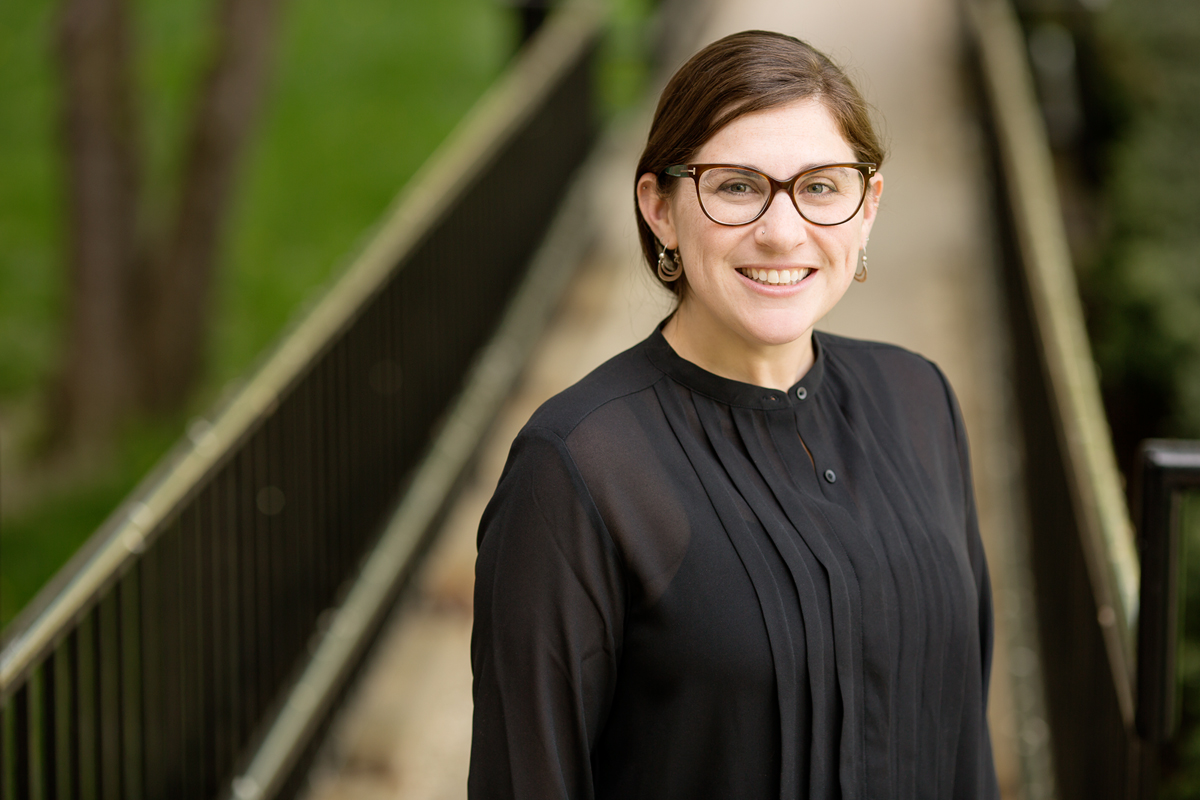During the monthly installment of its Conversations on Europe series, the University of Pittsburgh’s European Union Center (EUC) hosted a video conference entitled “European Integration through Study Abroad: 30 Years of the Erasmus Program.” Panelists included Dr. Sabina Von Dike (University of Pittsburgh), Dr. Theresa Kuhn (University of Amsterdam), Dr. Christof Van Mol (University of Antwerp), and Dr. Florian Stoeckel (University of Exeter). Dr. Jae Jae Spoon, Director of the EUC at the University of Pittsburgh, moderated the panel.
The purpose of the conference was to assess the accomplishments of the 30-year-old Erasmus Program, the European Union’s (EU) billion-euro student and scholar exchange program. More specifically, the discussion focused on how the Erasmus Program has contributed to increasing European integration through support for international study abroad within the EU.
While all of the participants emphasized the positive nature of the program as a whole, there was division on the kind of impact the program has had on European integration. Based on his 12-country research of the Erasmus Program, Chris Van Mol argued the program has not only had an overstated impact on EU integration, it has even worked in the direction of dividing the EU. This is because those participating in the Erasmus Program have traditionally been university students representing a small, privileged group within the overall EU population. Theresa Kuhn confirmed this point by highlighting that this relatively small and privileged group of Europeans shows a selection effect in favor of the EU and its deepening integration, since this group already approached the program with a favorable view of the EU and its institutions. To remedy this situation, both Van Mol and Kuhn argued in favor of broadening the Erasmus Program to include members of society not traditionally associated with university students, such as vocational school students and government administrators.
Although supportive of this idea of greater program inclusiveness, Florian Stoeckel argued that in his research on Erasmus, he did find a positive correlation between program participation and a stronger sense of EU identity. Yet, he cautioned that his findings stressed a stronger experience of being European, versus possessing an EU political identity. Here, Sabina Van Dike made an important distinction that has evolved over time between a cosmopolitan identity and a European one. Van Dike suggested the cosmopolitan identity reflected a neoliberal and instrumental view of study abroad, grounded in the belief that participation in Erasmus means professional advancement. In this way, she hit on an underlying and unresolved question of the conference: does the Erasmus Program conflate EU integration with increased mobility? Given current political trends within the EU, including the rising popularity of Eurosceptic and nationalistic political parties, one could also ask whether fostering special programs for an already privileged part of the EU population, as the Erasmus Program currently does, has the inadvertent impact of dividing the EU by exacerbating societal differences, for example, along class and age lines?
Watch a recording of the videoconference below:



































